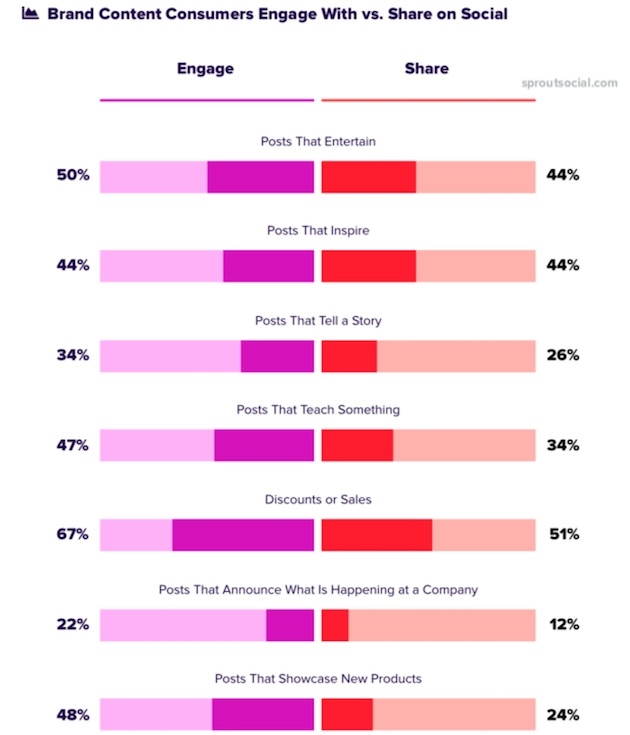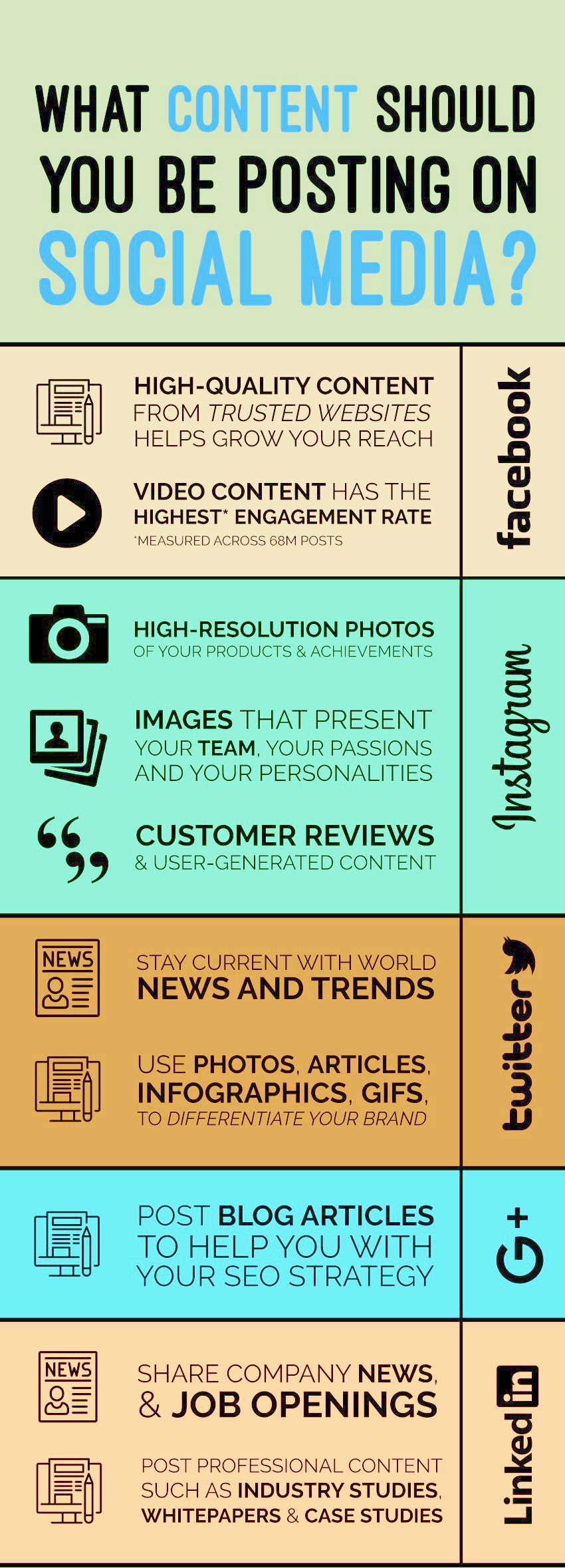— July 31, 2018
Today, companies and brands are often unsure of what to post on social media and often resort to self-promotion, which to be honest is boring and one of the worst things you can do.
Social media when utilized correctly and with a purpose builds a community.
Brands that take on a mentoring role, providing the tools, techniques, and strategies for their customers to become more effective marketers in achieving their own goals, creating a win-win for all.
In today’s social business marketplace, brands that hope to build a loyal and growing community do so most effectively when they demonstrate their core values and allow a community to develop and engage around these values.
How To Build A Community On Social Media
So does a brand use social media to build a community and what should they be posting on social media to achieve these goals?
The last thing that I would advise any brand to do is to join communities on social media, add no value and think that you have accomplished something. You have not.
You have to engage with the target audience!
This is where vulnerability comes in. A community is about engagement, with honest, open communication around a common purpose.
The purpose can be anything from clean water to skydiving to food. However, you have to engage and become part of the community.
Dedicate a few minutes a day, hop onto any social media platform of your choice and respond to questions, comments, memes.
Share your perspective and opinions, offer solutions, discuss common problems.
The only way to get to know your target audience is if you share yourself, your thoughts and insights and values.
Follow up
Here’s the next step.
Once you’ve engaged with people online, select a few that you felt you made a deeper connection with and send a DM.
No. Don’t ask them out.
Send them a resource such as a link to a blog post that will help them with a problem they are dealing with, or a funny meme to lighten up the day.
Ask for clarification on something they posted that you are genuinely interested in learning more about, ask for their input on product benefits. Bring them into your internal community.
The key is to start building a personal relationship with them.
Continue this process and start the process with others and over time you will have built an active community.
As the community develops, people will have a natural inclination to ask what it is that you do, what do you represent, what products or services do you offer and how the overall purpose fo the group can be deployed to drive the brand.
What To Post On Social Media
There is a significant disconnect on what brands social media versus what consumers what to see.
According to the recent Sprout Social report: So what is social’s real impact?
In the long-term relationships it creates between brands and consumers. Social marketers across the board list awareness as their primary goal. Consumers are looking for more of this content from brands.
Marketers’ priorities aren’t aligned with what consumers want. Marketers are focused on posts that teach (61%), tell a story (58%) and inspire (53%), while consumers are looking for discounts and sales (73%), posts that showcase new products and services (60%) and posts that teach them something (59%). The only overlap between top marketing priorities and consumer preferences is educational content.

Digging deeper, Sprout Social looked at what consumers share on social versus brands content. Consumers and brands believe that social is the primary hub for customer service and employee advocacy, yet few are doing this well.
Many brands talk about purpose, yet for most its lip service.
To be committed it means integrating mission and purpose into your business model through a long-term commitment to the cause that is aligned with your company’s core values and that of the community.
The brand has to become the architect of the community with corporate executives who have responsibilities that include the interest of all the stakeholders from the community, not just shareholders, but employees.
Brands have to empower the community to be the change agents in their own right.
Again, brands that take on a mentoring role, providing the tools, techniques, and strategies for their customers to become more effective in achieving their own goals, creating a win-win for all.
To do this, a brand needs to reach out and speak directly to consumers, to honor their values and to form meaningful relationships.
This is where social media brings the most power to a brand.
The brand takes on the role of the architect of the community, consistently demonstrating the values that their customers and community expect in exchange for their loyalty and purchases.
The other big disconnect you see with brands is the brand thinks they are the celebrity of the community. Nothing could be farther from the truth.
The brand is the chief celebrant of the community, not the celebrity. Rather than lip service, this is where a simple shift in thinking and taking on the community role of the chief celebrant, unlocks the transformative potential for the brand.
A CEO that is genuinely engaged with the community of a brand willfully embraces the role of serving as the public face of the company to the community and the overall marketplace. This unlocks value.

What are Brands Posting?
The infographic below gives you a broad overview of what you see many brand posting, which as the Sprout Social report demonstrated, is not what consumers what to see.

This post was originally posted on Outsell Digital.
Digital & Social Articles on Business 2 Community
(99)
Report Post




